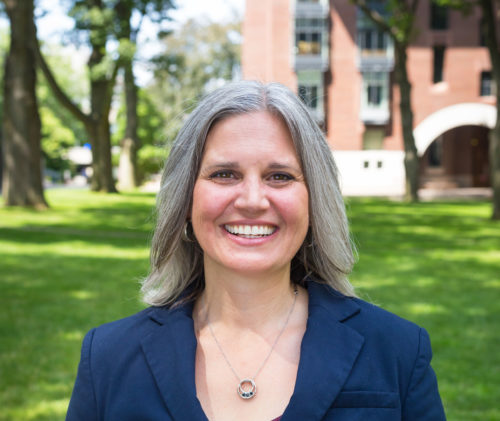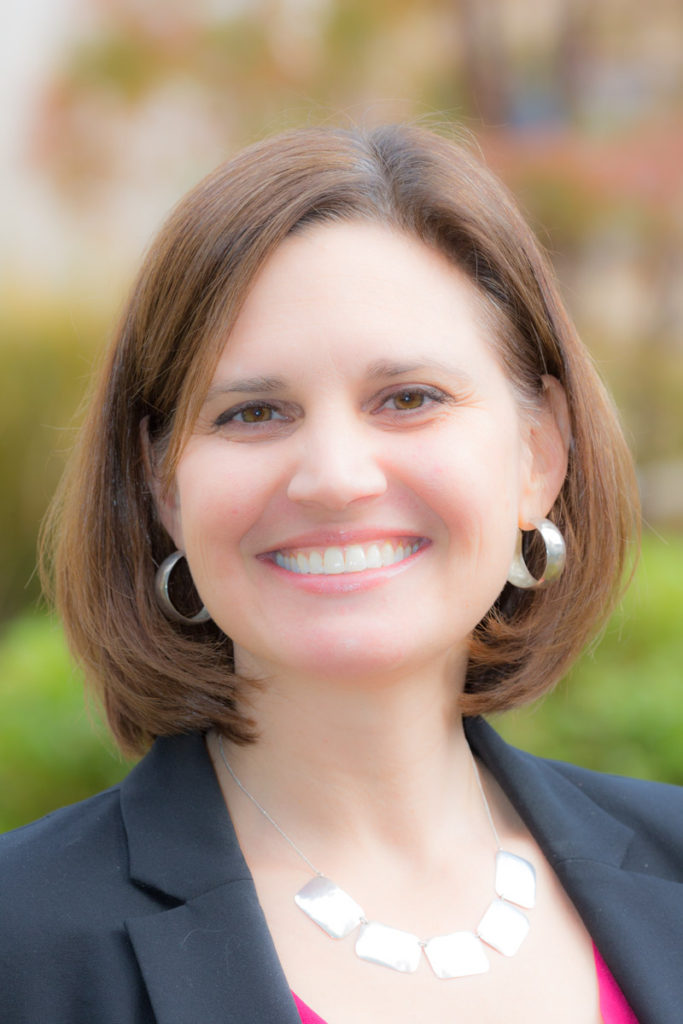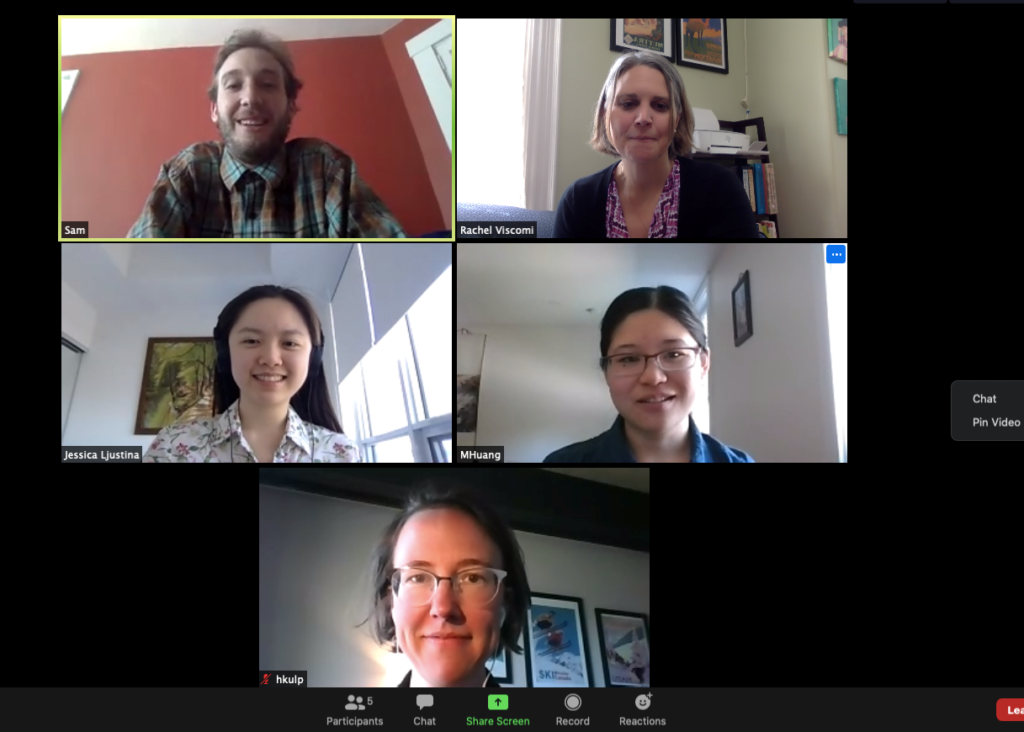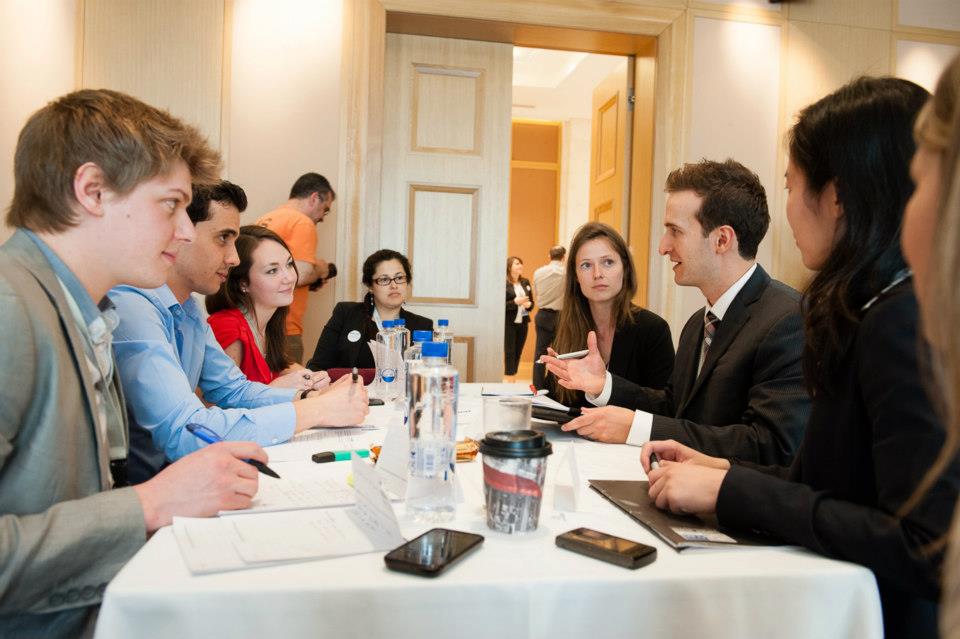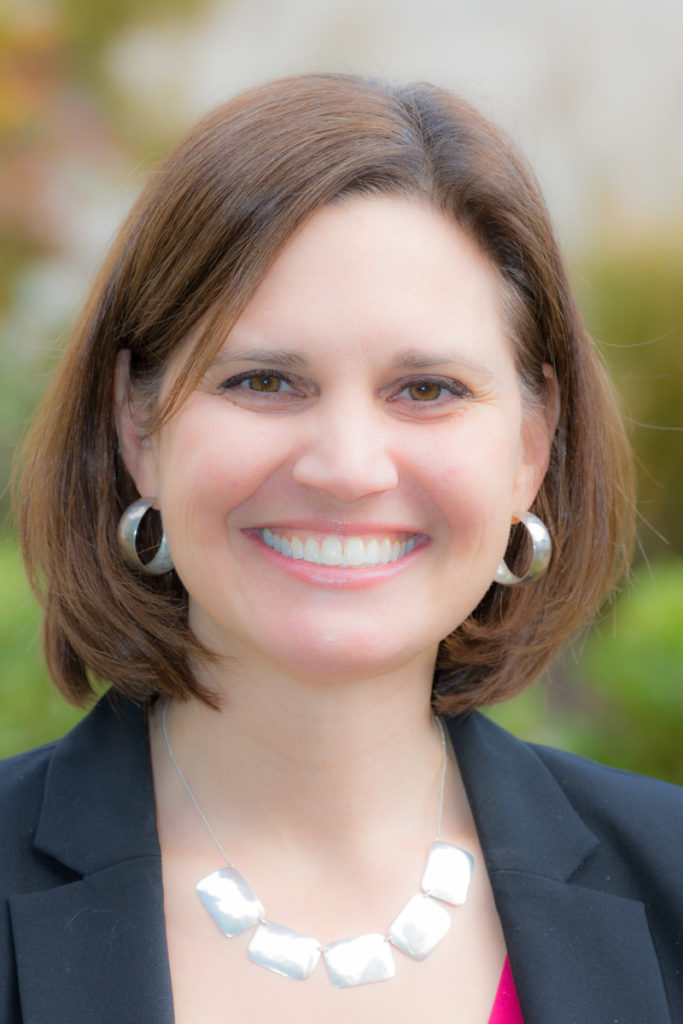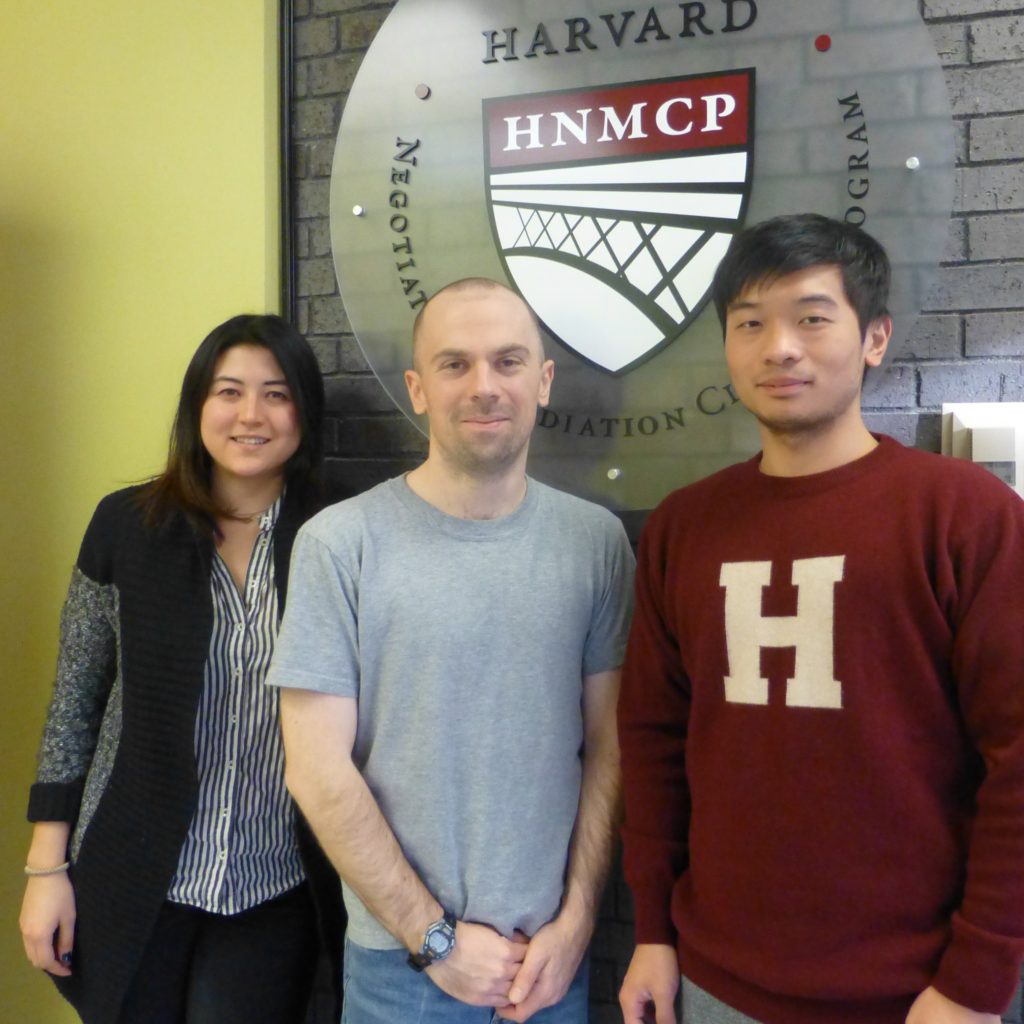In the polarized atmosphere of Washington, D.C. today, consensus is becoming an increasingly rare commodity, as this year’s debates over health care reform and financial regulation have made clear. To help curb that trend, twenty senior federal officials – both Republicans and Democrats – met in Washington in July to hone their negotiation and consensus building skills with members of the Harvard Negotiation and Mediation Clinical Program (HNMCP) at Harvard Law School.
The day-long negotiation training, conducted by Clinical Professor Robert C. Bordone ‘97, Director of HNMCP and Jeremy McClane ’02, HNMCP Clinical Instructor and Lecturer on Law, included senior staff and officials from the White House, the Senate, the House of Representatives, the Department of Justice, the Federal Communications Commission and the National Oceanic and Atmospheric Administration.
The session was organized by James Flug ’63, Senior Fellow of the Bernard Koteen Office of Public Interest Advising at Harvard Law School, whose aim was to gather a diverse group of officials to experience the kind of negotiation teaching that goes on at Harvard Law School, and to begin a dialogue about how to ease the gridlock.
During the course of the day, participants engaged in simulated negotiation exercises and discussed the basic principles of interest-based bargaining. In one simulation, the attendees were asked to step out of their current government roles and take on less familiar ones as members of a fictitious country’s oil pricing committee. Each committee was tasked with setting the price of oil and earning the highest possible profits for their country in a given month. The exercise generated a lively discussion about the effects of cooperation and defection vis a vis negotiation counterparts, in this case another fictitious oil producing country in the simulation.
“Some negotiators assume that the goal of a negotiation is to beat the other side,” said Bordone, “but if your goal is to get the best possible result for yourself, a cooperative strategy is often in your best interest.”
The day’s activities produced discussion about the ways in which negotiations are conducted in the federal government, the tensions experienced by negotiators—not only with their counterparts across the table, but also with their own constituencies behind the table—and the unique role of partisan politics in Washington negotiations.
“[T]here are unique challenges to negotiations here in DC,” said Jonathan Wroblewski, Director of Policy and Legislation for the U.S. Department of Justice, Criminal Division, of the training. “We touched on many of them during the Workshop: regular interaction with the media; regular elections and frequent turnover of senior leaders; the role of think tanks; what to do about bloggers and other advocates that enjoy throwing stones; the changing face of advocacy groups; and much more. Negotiations in DC can be so multi-dimensional (starting with 535 members of Congress) that scoping out a negotiation plan can be especially difficult.”
Overall, the workshop attendees reported that they found the session useful and relevant to their own negotiation challenges. “The good news for me was that I was able to put some of the techniques into play during a three hour negotiating meeting [the day after the training],” remarked Greg Dean, Chief Counsel to the Committee on Health, Labor, Education and Pensions. “We didn’t quite end up with a deal but came further along than I expected.”
Chris Lu ’91, the White House Cabinet Secretary, echoed the sentiment. “This workshop gave me a different perspective on negotiations that will change the way that I do my job,” he said.
Bordone and McClane conducted the training session at no cost to the attendees, in part to raise awareness of the clinic and potentially increase clinical opportunities for students. The clinic, which is entering its fifth year of operation, has broached a variety of issues across many different organizations, both governmental and private, nationwide and around the world.
“We are always looking for ways to diversify the mix of projects that our program offers to students across different sectors and industries,” said Bordone, “and the federal government offers a huge range of opportunities for the kind of work that students in HNMCP do.”
This article first appeared in HLS News on October 25, 2010.

